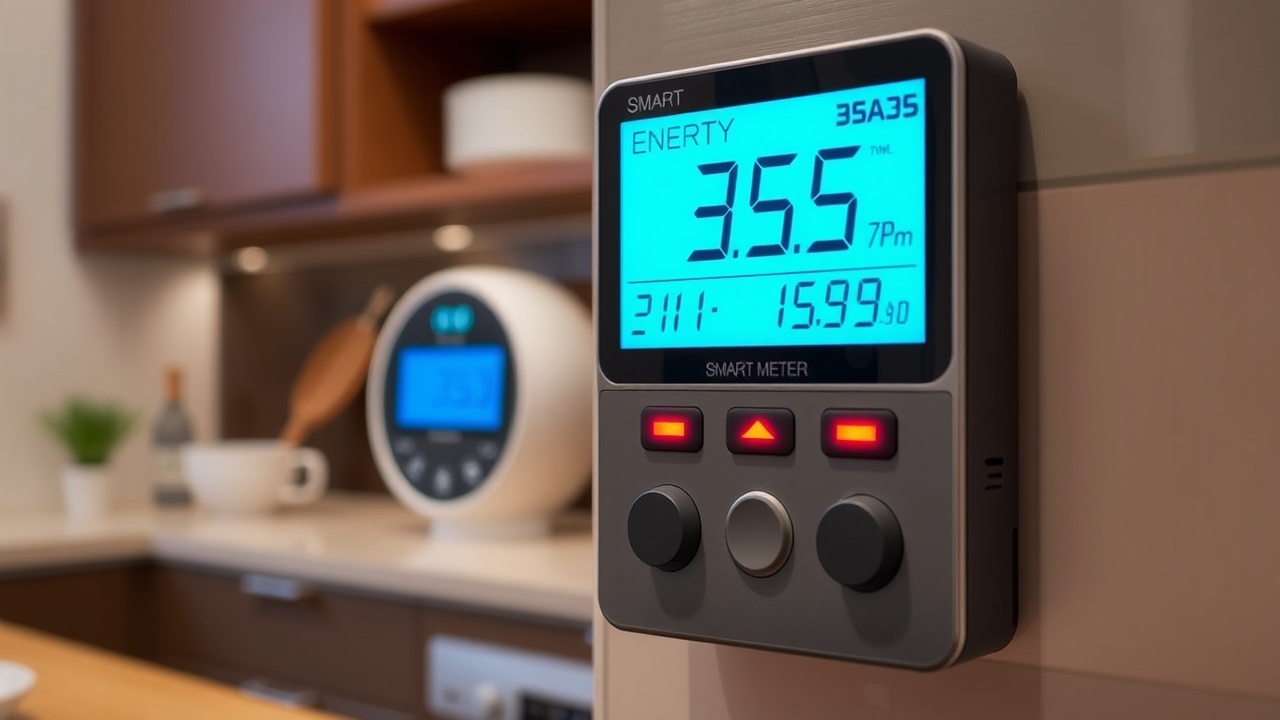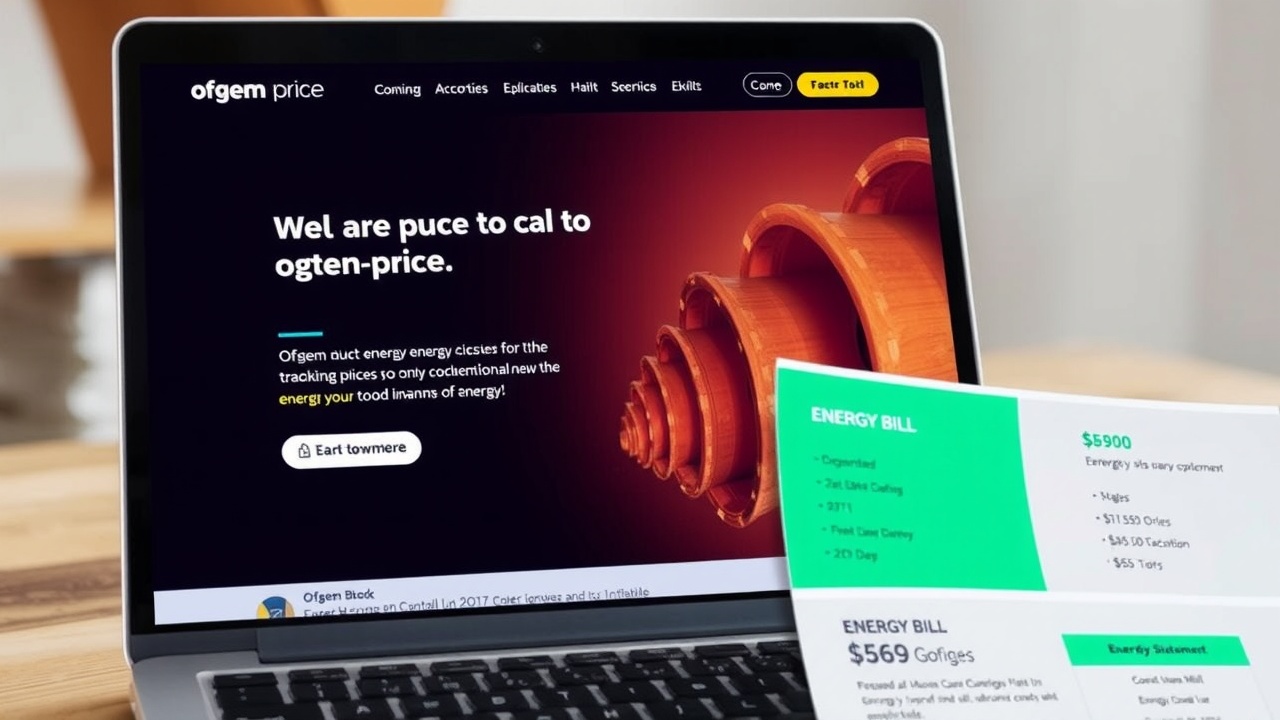
According to the most recent energy price cap, gas and electricity bills will decrease by 7% starting on July 1
We have all the information you need to know how much you will pay and whether further price reductions are anticipated.
The most recent energy price cap will take effect in July, lowering energy bills for millions of households by about £129 annually.
The latest quarterly energy price cap for July through September was released today by energy regulator Ofgem. It establishes the highest unit price and standing charge that gas and electricity suppliers are permitted to charge.
Since the most recent cap is 7% lower than the current one, the average annual price is 1,720 129 less than the April price cap of 1,849. Your energy usage will determine the true costs.
This is predicated on a dual fuel energy tariff for the average household that pays via direct debit.
Energy prices are still at historically high levels, despite the fact that the price decrease will provide some respite after the series of price increases we witnessed during Awful April.
The decline would be "welcome news for consumers," according to Tim Jarvis, director general of markets at Ofgem. However, he also acknowledged that the regulator was aware that prices were still high and that some people were still having trouble paying for their energy.
Jarvis advised clients to "talk to your existing supplier about the best deal they can offer you" and to seek out "better deals" by shopping around.
Ofgem stated that falling wholesale energy prices were the primary cause of the price cap's overall decrease, accounting for 90% of the decline.
What is the cost of my energy bills?
The price listed below contrasts your current payment with what you will pay between July and September, when a new price cap will take effect.
Keep in mind that your bill is based on the number of units you use because the price cap is for the unit price.
From Ofgem.
Will October see another decrease in energy costs?
Given how far off October is, we are unsure if energy costs will decrease once more.
According to some very early forecasts, the October price cap will drop, but not significantly.
According to EDF Energy, the price cap will drop to 1,702 in October before marginally increasing to 1,712 in January.
According to Cornwall Insight, a reputable energy consultancy known for its price cap forecasts, energy prices will drop in the second half of the year.
However, the consultancy does not yet have precise numbers, stating that it anticipates a "modest" decline in the price cap in October, followed by another decline in January 2026.
Since these are long-term projections, they should be regarded with caution because a lot could occur that would impact wholesale energy prices in the interim.
Whether Ofgem implements new regulations on standing charges this year could also affect energy bills. A recent consultation was held by the regulator regarding plans to require energy companies to provide zero-standing-charge tariffs.
Should your energy bills be fixed?
Even though prices have decreased, energy costs can fluctuate, so fixing could be a wise choice if you want security. Customers can save approximately 136 by fixing, according to Ofgem, but you should compare prices to get the best offers.
Since the energy price cap only applies to those on variable tariffs, customers who have a fixed energy bill agree with their suppliers on an energy price that they will pay for a predetermined amount of time. This protects them from any cap increases.
You might have to pay more, though, if the price cap drops.
How can my energy costs be decreased?
Even though many consumers will be pleased with the 7% price cap reduction, energy prices are still far higher than they were prior to the energy crisis.
Nonetheless, there are several strategies to maintain low energy costs. Simple changes like installing drought proofing to save about 80 a year or not overfilling your kettle could save 29 off your annual energy bill, according to the Energy Saving Trust.
If you're considering installing a heat pump, read our article about the requirements and potential future cost savings.














Leave a comment on: The new Ofgem energy price cap predicts a 7% July price drop